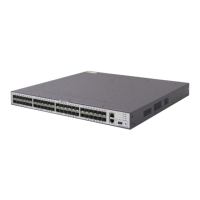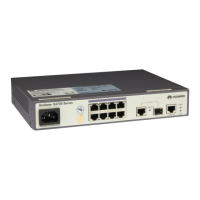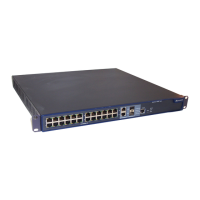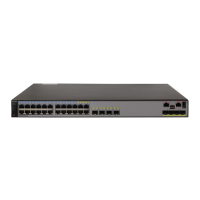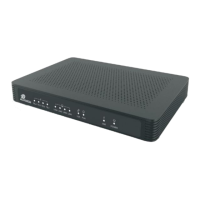Equipment Room Environment
Dust on devices may cause electrostatic discharge and result in poor contact for connectors or
metal connection points. This problem can shorten the life span of devices and cause faults.
The equipment room must be free from explosive, conductive, magnetically-permeable, and
corrosive dust. Table 13-28 lists the requirement for dust concentration in the equipment
room.
Table 13-28 Requirements for dust particles in the equipment room
Mechanical active
material
Unit Concentration
Dust particle
Particle /m
3
≤ 3x 10
4
(no visible dust accumulated
on a workbench in three
days)
Suspending dust
mg/m
3
≤0.2
Precipitable dust
mg/m
2
·h
≤1.5
Description
l Dust particle diameter ≥ 5 µm
l Suspending dust diameter ≤ 75 µm
l 75 µm ≤ precipitable dust diameter ≤ 150 µm
Take the following measures to meet the requirements:
l Use dustproof materials for ground, wall, and ceiling construction.
l Use screens on the door and windows facing outside. The outer windows should be dust-
proof.
l Clean the equipment room regularly and clean the air filter monthly.
l Wear shoe covers and ESD clothing before entering the equipment room.
Requirements for Corrosive Gases
The room should be free from dusts and corrosive gases, such as SO
2
, H
2
S, and NH
3
. Table
13-29 lists the requirements for the corrosive gas concentration.
Table 13-29 Requirements for corrosive gas concentration
Chemical active
material
Unit Concentration
SO
2
mg/m
3
≤0.30
H
2
S
mg/m
3
≤0.10
NO
x
mg/m
3
≤0.50
S2700&S3700&S5700&S6700 Switch
Hardware Installation and Maintenance Guide
13 Appendix
Issue 13 (2017-11-20) Huawei Proprietary and Confidential
Copyright © Huawei Technologies Co., Ltd.
146

